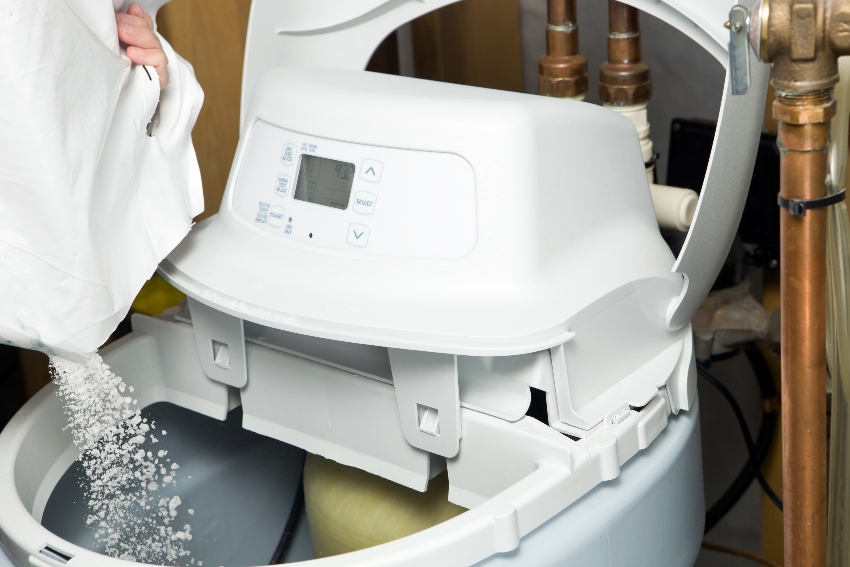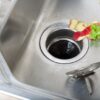Types of Water Softener Salt Explained

If you own a water softener, you know that checking and maintaining proper salt levels is vital to its effectiveness. But what do you know about the salt itself and the options available to you? The differences extend beyond the price tag, and understanding the types of water softener salt will help you choose the right one for your home. Read on to learn more.
Primary Types of Water Softener Salt
While a variety of water softener salts are available, they can be broken down into two primary categories: sodium chloride and potassium chloride. In terms of function, they both operate the same way during the water softening process.
Here’s how it works: Calcium and magnesium, the two minerals that create hard water, are positively charged. Water softeners run hard water through a mineral tank containing resin beads that are negatively charged. As opposites attract, these beads bind to the positive ions of the minerals and replace them with the positively charged ions.
Here’s the simple difference: The negative ions that regenerate the resin beads and are released into the water are either potassium or sodium, depending upon which salt type you choose.
Differences and Considerations
Both sodium chloride and potassium chloride are naturally occurring minerals. However, there are a few key differences to consider when choosing which to buy for your home.
Cost
Unsurprisingly, this is the top factor for most consumers, especially for large households using a lot of water (thus a lot of salt as well). Potassium chloride costs more as it’s more difficult to harvest, although prices can vary greatly for sodium chloride based on purity level and harvesting methods (more environmentally friendly methods requiring more labor and costs).
Health
While our bodies require some sodium to function, the U.S. Food and Drug Administration (FDA) recommends that we limit our daily intake to 2,300 milligrams per day. Individuals with high blood pressure should especially avoid extra sodium, and thus opt for potassium-based salts for their water softener.
Environment
Sodium chloride water softeners produce sodium-rich waste water that can be harmful to the environment. As potassium is an important nutrient for plants and flowers, potassium chloride marks the eco-friendly choice.
There’s no universal answer when it comes to which salt to use, but understanding the differences between the primary types of water softener salt will help. In the end, it will come down to what’s most important to you as far as cost, health needs, and environmental effects. Use this guide to aid in your decision.
Robillard Plumbing offers professional water softener installation and repairs, along with a full range of plumbing services and products. Contact us to learn more.



